Earlier this month, the Leading Online Entrepreneur of the Year (LOEY) Awards, an initiative by Endeit Capital and Peak Capital intended to celebrate online entrepreneurs, announced the nominations for the Talent Award. On Tuesday, the LOEY Awards & Foundation announced the winners of the LOEY Award 2021.
The initiative was created in 2010 to stimulate online entrepreneurship in the Netherlands. The awards were presented for the 11th time this year, and the ceremony took place during a dinner show at Amsterdam’s Harbour Club.
In 2019, Joris Beckers, co-founder of Picnic, was named the winner of the LOEY Award. However, due to corona restrictions, the LOEY Awards could not be presented in 2020.
LOEY Award 2021
This year Thomas Plantenga, the Dutch CEO of Lithuania-based, second-hand clothing platform ‘Vinted’, was named winner of the LOEY Award 2021 on Tuesday evening.
“Thomas is an outstanding entrepreneur, who managed to turn Vinted into the European market leader when it comes to second-hand clothing. The fact that he is leading a company that recently reached a valuation of €3.5B is incredible. A very worthy successor!” says jury chairman Joris Beckers (PicNic), who won the LOEY Award in 2019.
Plantenga, who left the Netherlands in 2010 for entrepreneurial endeavours overseas in New York, Buenos Aires, and other places, has been actively involved in Vinted since 2016, where he was appointed CEO in 2017.
“I am extremely proud and humbled to be named as winner of this annual award. The LOEY Award is the ultimate prize for online entrepreneurship, considering the impressive group of alumni like Pieter Zwart, Steven Schuurman, and Joris Beckers. It’s fantastic to now be part of this fantastic network of extremely talented entrepreneurs.“ Plantenga says.
Currently, he is working on the global rollout of Vinted, which acquired Dutch market leader United Wardrobe in 2020.
Jeroen van Duffelen won the LOEY Talent Award
Moreover, Jeroen van Duffelen, the co-founder of Dutch scaleup Aidence, won the LOEY Talent Award.
“We are now through the most difficult phase. The company is rapidly growing, and we see interest from all over the world. We are currently working on AI-based technology for different stages in the oncology pathway,” says van Duffelen.
Based out of Amsterdam, Aidence is a medical imaging startup, which uses Artificial Intelligence to help medical professionals detect diseases such as lung cancer.
The company has developed Veye Lung Nodules, which, according to the company, helps radiologists detect, classify, quantify and track the growth of pulmonary nodules to support their decisions in lung cancer care.
Jeroen’s entrepreneurial spirit led him to teaching himself software engineering and starting his own company commercialising an online education platform. He then tried his hand in the US startup ecosystem where he joined a rapidly scaling cloud company. Jeroen returned to Amsterdam where he ran a high-tech incubator for academic research institutes. It is here, Jeroen first got his taste for applying AI to healthcare. In 2015, he founded Aidence together with Mark-Jan Harte.
In an exclusive conversation with Silicon Canals, van Duffelen talks about the challenges he faced while growing Aidence into a scaleup, expansion plans, and much more.
Challenges
Talking about the challenges, Jeroen van Duffelen shares, “Healthcare is a slow market, so it requires a lot of capital upfront. At the same time, EU investors are hesitant about placing their funds in the healthcare industry, especially when it comes to emerging technology like AI.”
He continues, “Another challenge is that the conversation around AI often focuses on the algorithm. There’s much more to effective deployment: workflow integration, cybersecurity, post-market surveillance.”
How Amsterdam helped Aidence in evolving from a startup into a scaleup
Amsterdam is indeed a bustling place for entrepreneurs to try out their innovative ideas. The Netherlands’ capital city is one of the fastest-growing European cities in the global tech ecosystem.
“Amsterdam is a hub for talent. It is possible to find or attract people with rare or advanced skills who can, in our example, build state-of-the-art technology. Also, the Netherlands is an open society; we have been able to hire talent from over 15 nationalities,” says Duffelen.
Funding
So far, Aidence has raised €12.5M to date from various investors, including INKEF Capital, Rabo Ventures, henQ, and SBRI Healthcare. The company plans to close the Series B funding in the first half of 2022.
“We are currently preparing for raising a B-round investment. The milestones we aim to reach to obtain this funding are getting the FDA approval to commercialise our software in the US and launching our first customers in this market,” shares Duffelen.
Expansion plans
Currently, the company employs around 60 people in various positions like data scientists, software engineers, and more.
Duffelen notes, “We’ve grown tremendously in the last year. We expect to double the size of our team in the 18 months after raising our B-round. We plan to expand our product portfolio and enter the US market.”




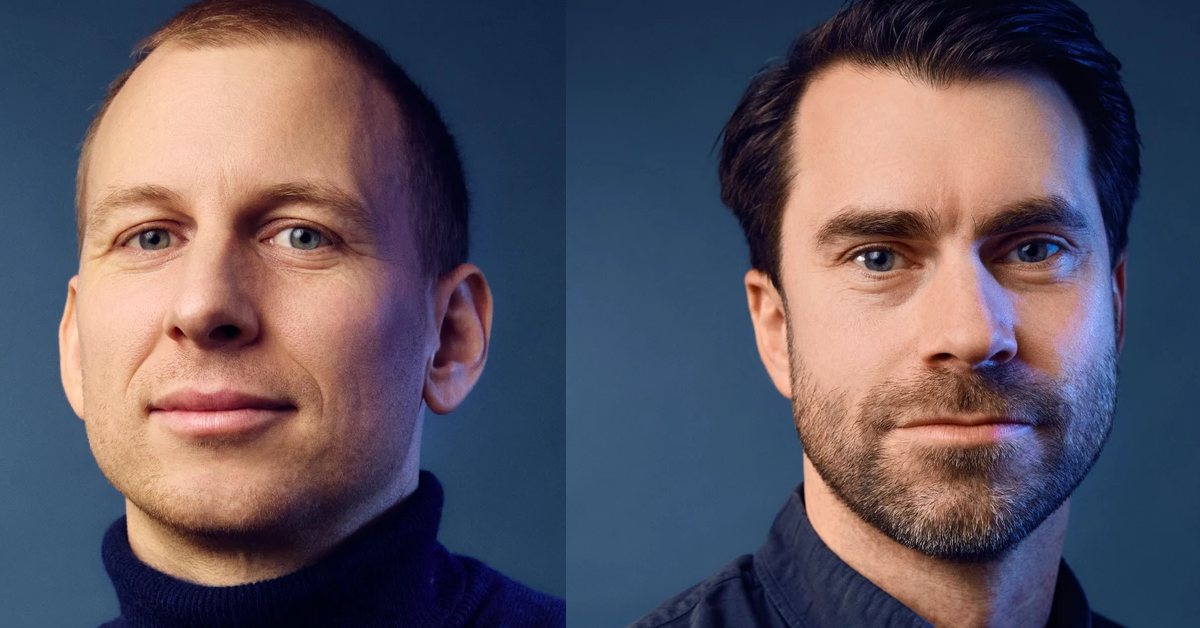
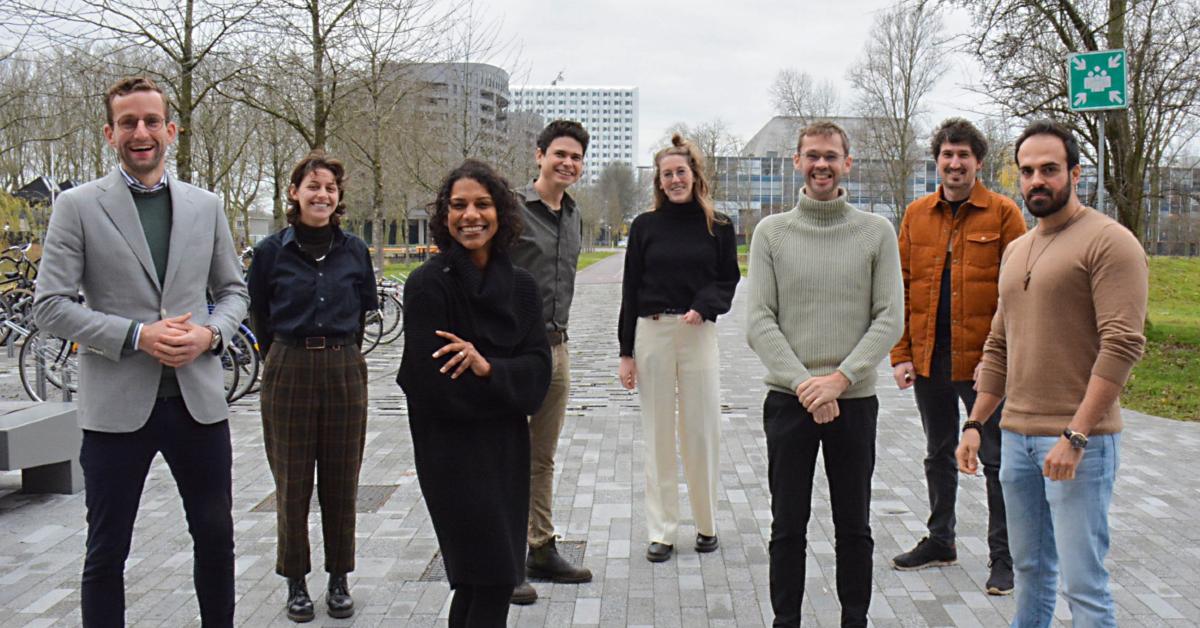
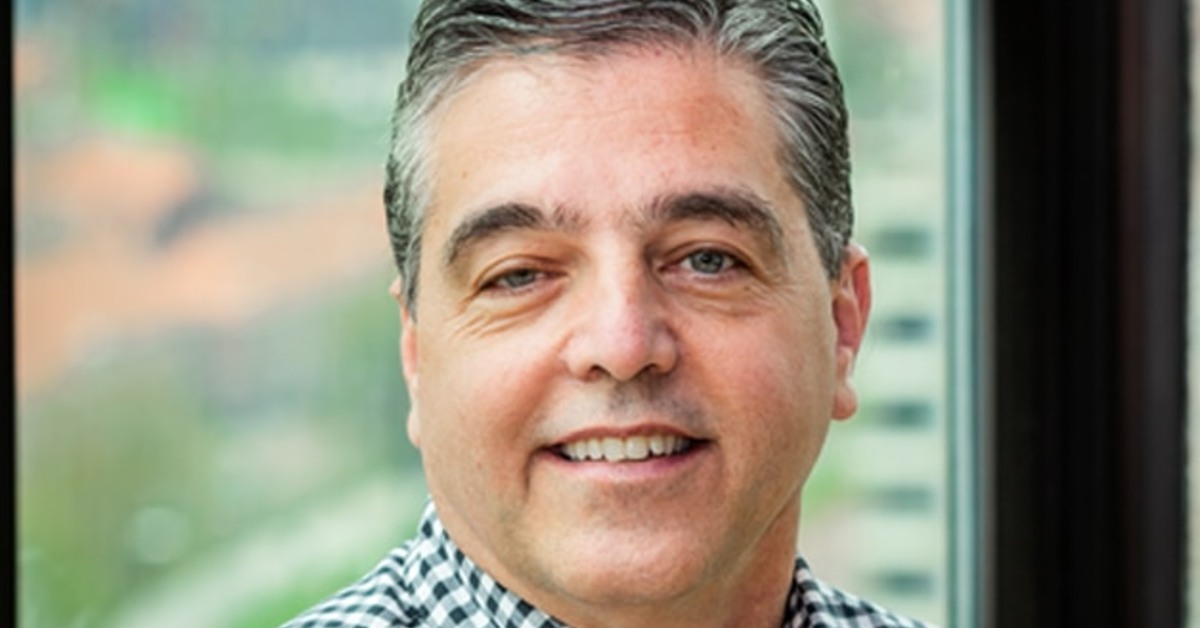
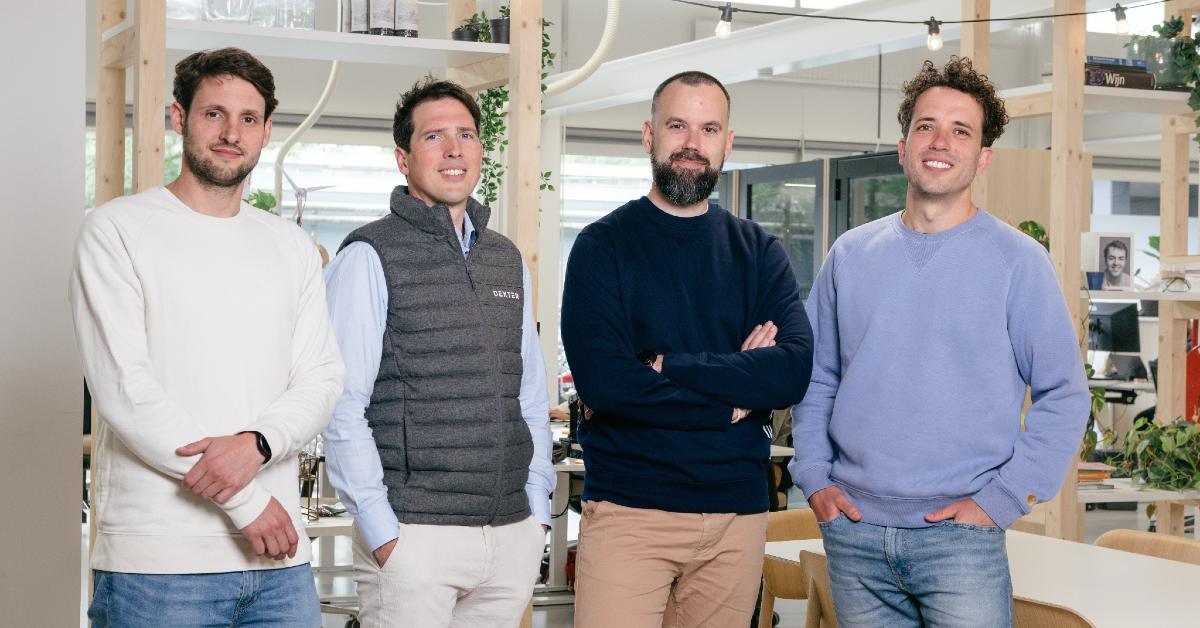
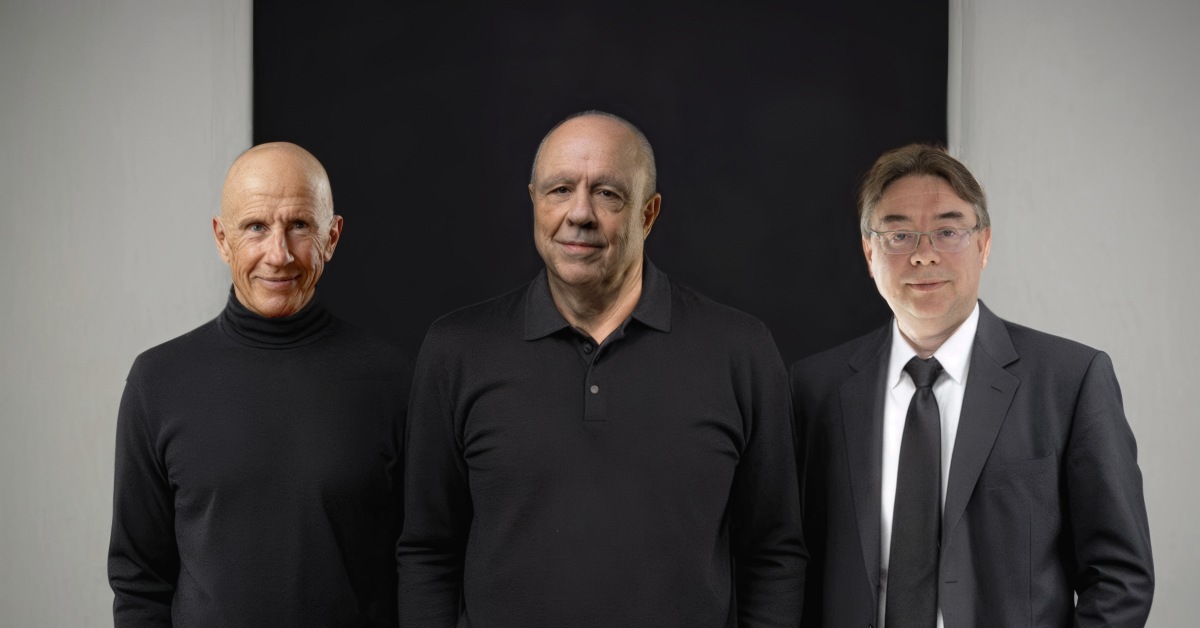

01
From telecom veteran to Dutch Startup Visa success: The Jignesh Dave story